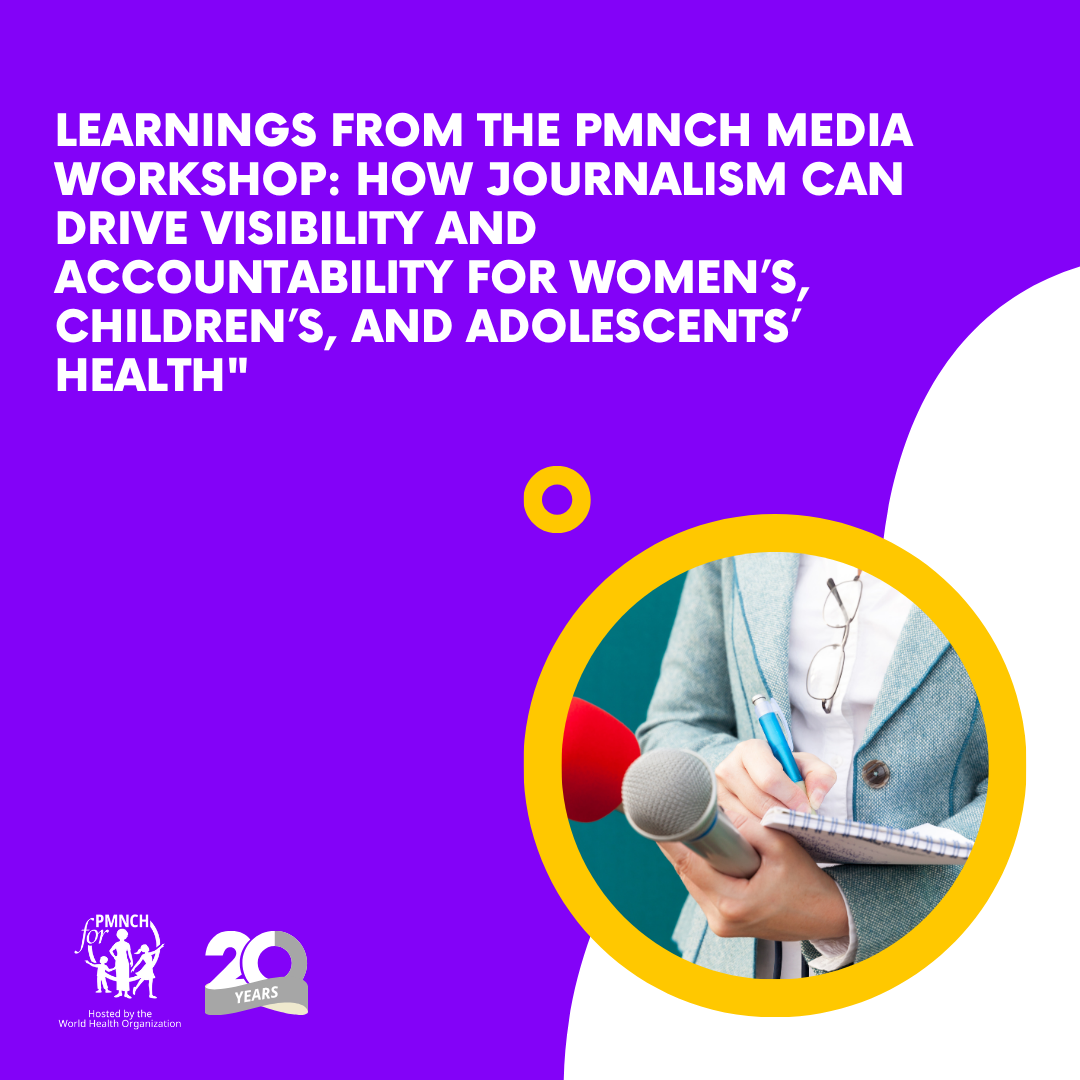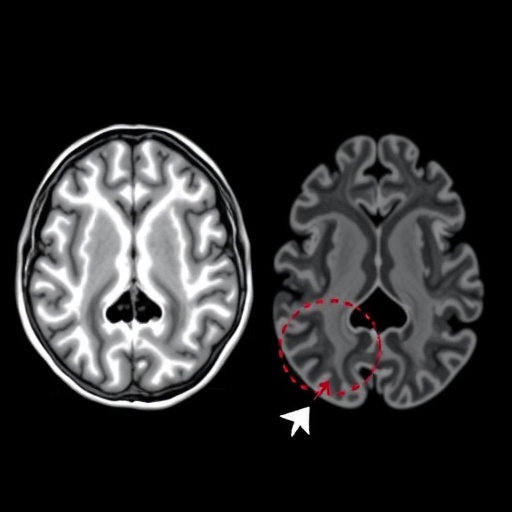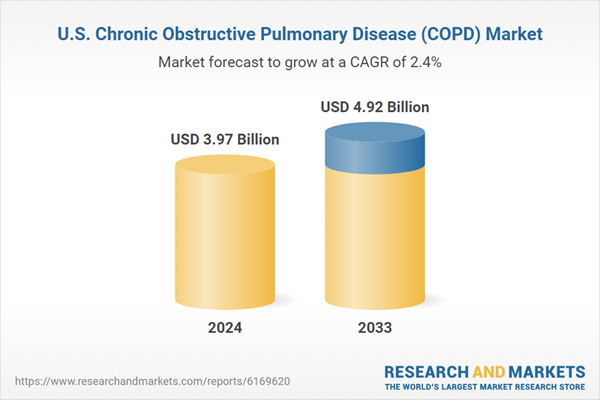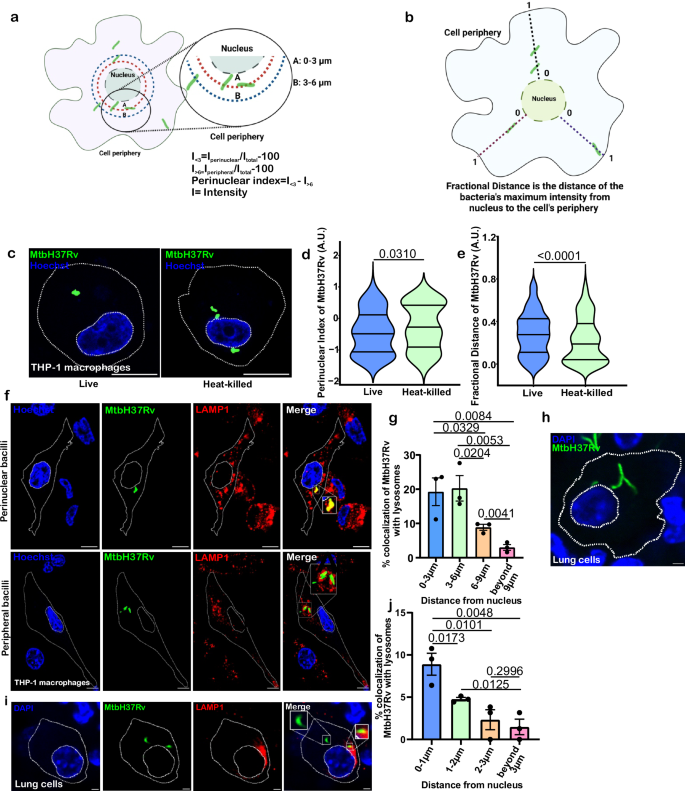Report on UK Government Inaction Regarding Online Suicide Promotion and its Conflict with Sustainable Development Goals
1.0 Introduction: Call for Public Inquiry
A formal request for a public inquiry has been issued by bereaved families concerning alleged failures by the UK government to protect vulnerable individuals from online forums promoting suicide. This report analyzes the situation with a specific focus on its implications for the United Nations Sustainable Development Goals (SDGs).
- A report by the Molly Rose Foundation documents 65 separate warnings issued to government departments regarding the risks posed by these online platforms.
- The families’ call for an inquiry, supported by the law firm Leigh Day, has been formally submitted to the Prime Minister.
- The core issue is the government’s alleged inaction despite repeated alerts from coroners and campaigners since 2019.
2.0 Impact on SDG 3: Good Health and Well-being
The continued operation of suicide-promoting websites and the accessibility of lethal substances represent a direct challenge to the achievement of SDG 3, which aims to ensure healthy lives and promote well-being for all at all ages.
- Violation of Target 3.4: The death of at least 133 individuals in the UK, linked to a toxic chemical promoted by these forums, directly contravenes SDG Target 3.4, which seeks to reduce premature mortality and promote mental health.
- Failure to Protect Vulnerable Populations: Victims are often young and vulnerable, with the youngest known victim being 13. This indicates a severe failure in public health systems designed to protect at-risk groups, particularly children and adolescents.
- Accessibility of Harmful Substances: The ease of obtaining the toxic chemical online undermines public health and safety regulations, creating an environment that actively harms mental well-being rather than promoting it.
3.0 Institutional Failures and Contradiction of SDG 16
The case highlights significant shortcomings in governance and institutional accountability, undermining SDG 16, which is dedicated to promoting peaceful and inclusive societies, providing access to justice for all, and building effective, accountable, and inclusive institutions.
3.1 Lack of Institutional Accountability and Transparency
- Disregarded Warnings: Coroners have issued numerous warnings to the Home Office, the Department for Science, Innovation and Technology, and the Department of Health and Social Care, which have reportedly been ignored.
- Erosion of Trust: This lack of response erodes public trust in governmental institutions, contrary to the principles of SDG Target 16.6, which calls for the development of effective, accountable, and transparent institutions.
- Demand for Justice: The families’ call for a public inquiry is a demand for justice and accountability, as coroners’ courts lack the power to implement the necessary systemic changes to protect citizens.
3.2 Key Findings on Systemic Shortcomings
The Molly Rose Foundation report identified four primary areas of failure:
- Regulatory Inaction: The Home Office’s refusal to tighten regulations on the toxic substance, which remains easily obtainable.
- Insufficient Enforcement: The media regulator Ofcom’s initial reliance on “voluntary measures” from the forum’s operators instead of taking decisive action to restrict UK access.
- Systemic Negligence: Repeated failures across multiple government departments to act upon official warnings from coroners.
- Operational Deficiencies: Inconsistent police welfare checks and delays in making antidotes available to emergency services.
4.0 Regulatory Response and Policy Coherence (SDG 17)
The government’s fragmented approach illustrates a lack of policy coherence, a key component of SDG 17 (Partnerships for the Goals), which emphasizes the need for effective collaboration to achieve sustainable development.
4.1 Fragmented Governmental Action
- Campaigners have criticized the government’s response as uncoordinated, with officials “passing the parcel” between departments rather than implementing a unified strategy.
- This lack of inter-departmental partnership (SDG Target 17.14) has allowed the problem to persist, resulting in preventable deaths.
4.2 The Online Safety Act and Enforcement Measures
- The Online Safety Act (2023) grants Ofcom new powers, effective March 2025, to take action against sites hosting illegal content, including material that assists suicide.
- Potential enforcement actions include fines of up to £18m or the blocking of non-compliant services in the UK.
- In response to Ofcom’s enforcement action, the primary forum has geo-blocked UK users, although Ofcom’s investigation remains open to ensure the block is maintained and not circumvented.
Analysis of SDGs, Targets, and Indicators
1. Which SDGs are addressed or connected to the issues highlighted in the article?
-
SDG 3: Good Health and Well-being
- The article’s central theme is the prevention of suicide and the promotion of mental health. It discusses the tragic loss of life (“at least 133 people have died”) due to a website promoting self-harm, directly addressing the core principles of ensuring healthy lives and promoting well-being for all. The call to protect “vulnerable people” and help them “recover their mental health” reinforces this connection.
-
SDG 16: Peace, Justice and Strong Institutions
- The article heavily criticizes the failure of UK government institutions. It highlights “repeated failures by the UK government to protect vulnerable people” and mentions that departments were “warned 65 times” but did not act. The families’ call for a “public inquiry” is a demand for justice, accountability, and transparency from these institutions. The discussion around the shortcomings of regulators like Ofcom and the need for “robust enforcement” of laws like the Online Safety Act points directly to the need for effective and accountable institutions.
2. What specific targets under those SDGs can be identified based on the article’s content?
-
SDG 3: Good Health and Well-being
- Target 3.4: By 2030, reduce by one third premature mortality from non-communicable diseases through prevention and treatment and promote mental health and well-being. The article is entirely focused on preventing premature deaths by suicide, which is a key component of this target. The efforts by the Molly Rose Foundation and the families’ pleas to protect people so they can “recover their mental health” align directly with promoting mental health and well-being.
- Target 3.d: Strengthen the capacity of all countries… for early warning, risk reduction and management of national and global health risks. The article details a systemic failure in risk management, stating that government departments failed to act on “repeated warnings” from coroners since 2019. This demonstrates a weakness in the national capacity to respond to an identified health risk.
-
SDG 16: Peace, Justice and Strong Institutions
- Target 16.2: End abuse, exploitation, trafficking and all forms of violence against and torture of children. The article explicitly states that “victims were groomed online” and that “the youngest known victim being 13.” This online grooming of vulnerable young people into self-harm is a form of abuse and exploitation that this target aims to eliminate.
- Target 16.6: Develop effective, accountable and transparent institutions at all levels. The core complaint from the bereaved families is the lack of institutional effectiveness and accountability. The article points to “repeated failures by government departments to act,” Ofcom’s “inexplicably slow” response, and officials “passing the parcel’ rather than taking co-ordinated action.” The demand for a public inquiry is a direct call to enforce accountability.
3. Are there any indicators mentioned or implied in the article that can be used to measure progress towards the identified targets?
-
Indicators for SDG 3 (Good Health and Well-being)
- Suicide Mortality Rate (Indicator 3.4.2): The article provides a direct, though partial, measure of this indicator by stating that “at least 133 people have died in the UK as a result of a toxic chemical promoted by the site and similar forums.” Tracking this number over time would measure progress in preventing these specific deaths.
- Availability of Mental Health Services: The quote from David Parfett about wanting to ensure “people like him are protected from harm while they recover their mental health” implies a need for accessible and effective mental health services, the availability of which could be a measurable indicator.
- Regulation of Harmful Substances: The article mentions the “refusal to tighten regulation of the substance, which remains easily obtainable online.” The status of this regulation and the number of seizures by UK Border Force are implied indicators of progress in reducing access to means of self-harm.
-
Indicators for SDG 16 (Peace, Justice and Strong Institutions)
- Institutional Responsiveness: A key implied indicator is the number of official warnings acted upon by government bodies. The article states that “departments were warned 65 times” but failed to act. A reduction in ignored warnings would indicate improved institutional responsiveness.
- Enforcement of Legislation: The effectiveness of the Online Safety Act is a critical indicator. The article notes that Ofcom now has the power to “take action against sites hosting illegal content.” Measuring the number of enforcement actions, fines issued (£18m), or sites blocked would serve as an indicator of institutional effectiveness.
- Access to Justice and Accountability: The primary demand of the families is for a “public inquiry.” Whether or not this inquiry is established is a clear, measurable indicator of the government’s commitment to justice and accountability for the “repeated failures.”
4. Summary Table of SDGs, Targets, and Indicators
| SDGs | Targets | Indicators Identified in the Article |
|---|---|---|
| SDG 3: Good Health and Well-being |
3.4: Reduce premature mortality… and promote mental health and well-being.
3.d: Strengthen capacity for early warning, risk reduction and management of health risks. |
|
| SDG 16: Peace, Justice and Strong Institutions |
16.2: End abuse, exploitation… and all forms of violence against… children.
16.6: Develop effective, accountable and transparent institutions at all levels. |
|
Source: bbc.com







